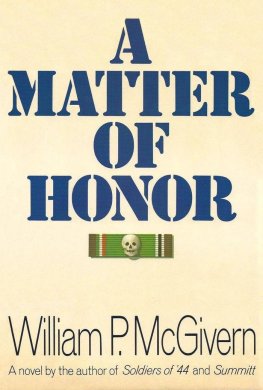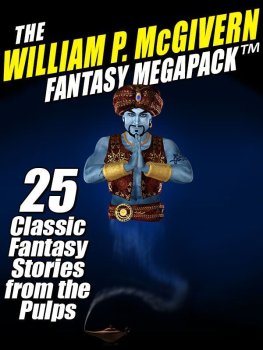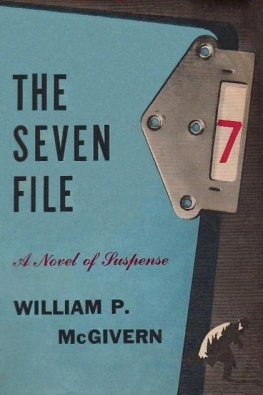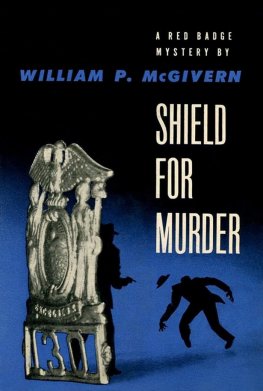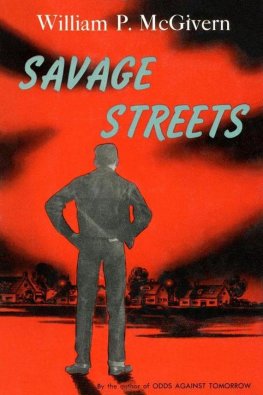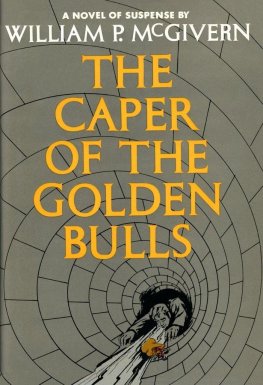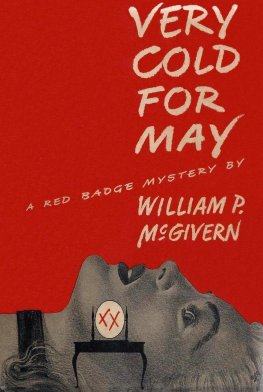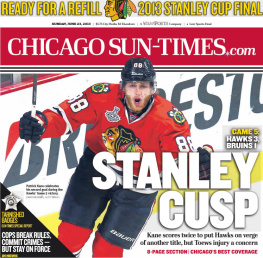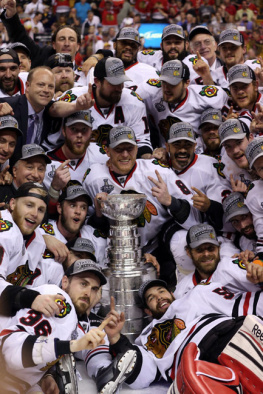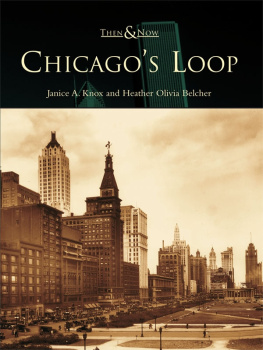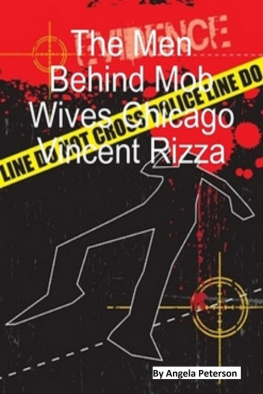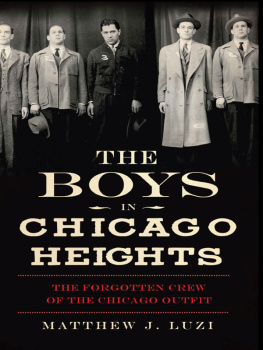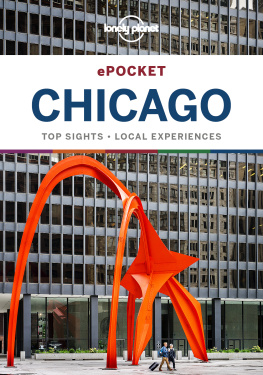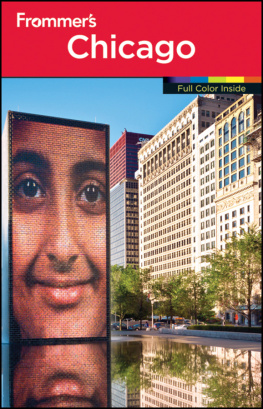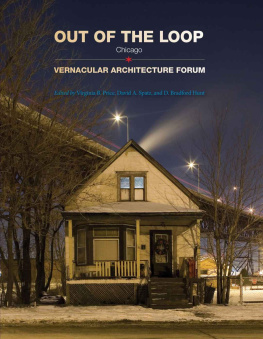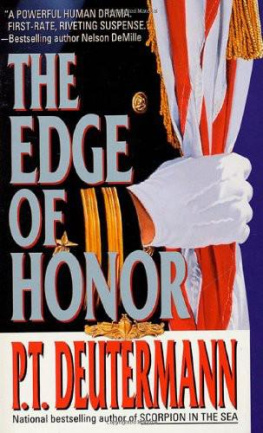William P. McGivern
A Matter of Honor
The young soldier was shot three times in the back from a passing car as he swayed and urinated into a vacant lot on Chicagos south side. Ballistics determined later that Private Randolph Lewis, identified by fingerprints, was killed instantly by two .45 bullets which smashed into his neck and shoulders. Lab reports disclosed a high mix of alcohol and narcotics in the black soldiers bloodstream.
An old wino heard the shots, watched a car turn out of sight a half block beyond a row of darkened buildings and a pair of bright ribs-and-beer bars. Slumped in the doorway of a burnt-out hand laundry, the drunken man listened with a vacant smile as echoes of shots exploded like firecrackers in his head. A pair of hookers in skinny boots and short leather skirts saw the soldier pitch forward into the weeds just down the street from a bar called The Studsville. The winking neon sign glazed their impassive brown faces with glittering reflections.
When the gray sedan flashed past them, the women exchanged glances and closed their striped umbrellas. Down the cold, rain-slick street a pimp signaled urgently, then disappeared into one of the ribs bars, windows streaked with whitewash signs for red bean soup and broiled ribs. The women shook the drops from their umbrellas and drifted toward The Studsville. A blast of hard rock music swept out as they opened the heavy glass doors. The old drunk in the charred doorway heard the sharp musical beat and thought someone was tiring again. He coughed in alarm and almost choked on a mouthful of sweet muscatel.
The soldier lay on his back with rain falling into his open eyes. Drops of blood-spattered beer cans and broken bottles around him. A few seconds after the shooting, two teenaged blacks ran from alley shadows toward the body. With rapid, practiced movements, they turned out the dead soldiers pockets and stripped off his belt, wrist-watch and boots.
A wide-bodied jet with wing lights flashing roared above the city on its base leg into OHare International Airport. The 747 flew the length of the misted skyline, sounds of its jets muffling the rising whine of a police siren approaching the murder scene. The teenagers scrambled from the fetid lot and ran for the alley. A Chicago police squad roared past The Studsville, its dome light sending crimson strokes across the storefronts and wet sidewalks and finally stopping over the soldiers sprawled body.
There were no witnesses to the murder. No one had heard the shots except the wino, who was volatile but incoherent. In his excitement he had vomited down his long brown coat and the uniformed officer turned away quickly from the sour-sick smell of fermented raisins. The soldier had been drinking in The Studsville till around midnight. He had talked to no one but the bartender, telling the man he was waiting for a friend, had ordered bourbon with beer chasers until the bartender told him hed had enough. It seemed clear the soldier must have stopped to relieve himself in the empty lot; his Army trousers were unzipped, his genitals exposed. There were fresh skid marks in the debris near the gutter. Somebody in a car had blown him away. Naturally, a cop commented, no one had seen a fucking thing, couldnt give them a make on the heap or the plates. The wino shouted it was like a Fourth of July celebration or champagne corks going off or some damned thing.
A police ambulance arrived and the two attendants waited in the cab while a coroners official turned up his coat collar and bent to examine the soldier lying in the sleeting rain.
The winds off the dark, choppy lake were intensely cold. Traveling high over the shoreline, they battered against the gleaming buildings along Michigan Boulevard and created blowing heaps of litter along the broad sidewalks and wet gutters.
Gale Force alerts had been reported by the Coast Guard monitors at Navy Pier. Small-craft storm warnings were flying at all ports and marinas. Late TV news shows flashed shots of pedestrians with inside-out umbrellas, teetering precariously as they rounded corners in the business district during rush hour, almost immobilized by the blasting winds.
At an intersection north of Diversey and Clark, a young man named Duro Lasari stood watching the ground floor lights in an old-fashioned brick building. It was after one oclock, the streets and sidewalks were empty. Only an occasional police or fire siren rose somewhere above the wind. In the next block an all-night luncheonette was still open, its front window a square block of light on the wet pavement.
Duro Lasari blew on his hands and pounded them against his arms. He wore solid work boots, jeans and a wool-lined canvas jacket, but the wind cut through his clothes like razors. His eyes were watering, tears freezing on his cheekbones.
Lasari watched the people working under the overhead lights in the storefront office. A pair of desks faced a large window streaked with dirt, the outside sill crusted with old snow. Behind the window four figures moved from desks to shelves to files. A trim, mature lady in a plaid pantsuit sat at the biggest desk. She seemed to be in charge, frowning over files, signing papers and talking on the phone. Two young males were sorting papers and typing records. And there was a red-haired girl who came in at odd hours. The first night shed come in at eleven, the next at a quarter after ten, and tonight it was almost midnight before she had pulled up in a cab and gone inside to a desk. Through the cold sting of wind in his eyes, the office staff looked almost unreal to Lasari, like figures moving under water. He squinted his eyes to read the painted sign on the office window:
VETERANS ASSISTANCE SERVICEPLEASE COME IN
Duro Lasari had been standing at this intersection for three nights in a row, trying to make up his mind to cross the street, to enter that office, and talk to someone about his problems.
He pounded his arms and decided to circle the block one more time at a rapid walk to get his blood circulating and then hed do it, hed go into that office as Carlos convinced him he had to and explain his side of what had happened.
His full name was Durham Francis Lasari, but hed always been called Duro, in school, down in Florida, the Army, everywhere hed worked, never Durham or Francis. Nobody in his platoon, none of the doctors at Fitzsimons knew him by any name but Duro Lasari. He remembered only two times when his mother had called him Durham. Once had been the Christmas in North Carolina when he was seven and had given her earrings like gold bells and the other he couldnt clearly remember.
Walking south from Diversey, Lasari pushed his hands deep into the slant pockets of his canvas jacket. In an alley, two old men argued over a bottle of wine, each struggling to pull it away from the other, their querulous voices low-pitched, almost intimate. In the next street, just beyond the frame of light from the luncheonette, three Latino boys in Navy pea jackets and Chicago Cubs baseball caps stood watching Lasari expectantly. Smoking brown cigarettes, they shadowboxed about in shuffling circles, commanding the whole width of the sidewalk, the heels of their ankle-high boots tapping out a noisy staccato.
Lasari crossed the avenue to avoid the trio and continued south on the shadowed street. His maneuver was strategic, not tactical; the rule now was to keep out of trouble, any trouble. A brawl, a mugging, a physical confrontation, even a minor traffic violation, could lead to a police station or a hospital where there were always clerks with questions and forms and typewriters and demands for ID. Duro could handle himself, that wasnt the problem. It was what could come later, the red tape everybody was so eager to wrap and trap you in.
With average height and a quick, slender body, Lasari had broad, strong hands and knew how to use them. It was the baseball caps the three boys were wearing that had triggered the anger, then the caution. Punks, Duro thought, show-off, no-talent punks. The caps reminded him of the two spring seasons in high school and the time in Florida when he had believed that baseball would be his ticket to somewhere. Hed had a strong, accurate throwing arm when hed played baseball in high school in Durham, North Carolina, and the one year in the semi-pros, and great range because of his speed and hands.

